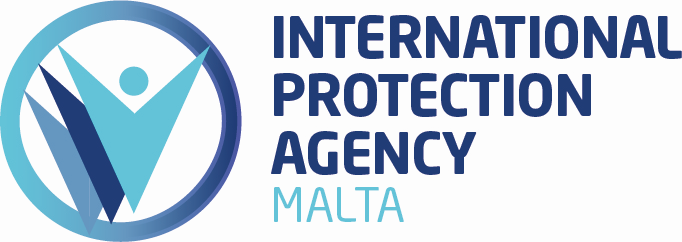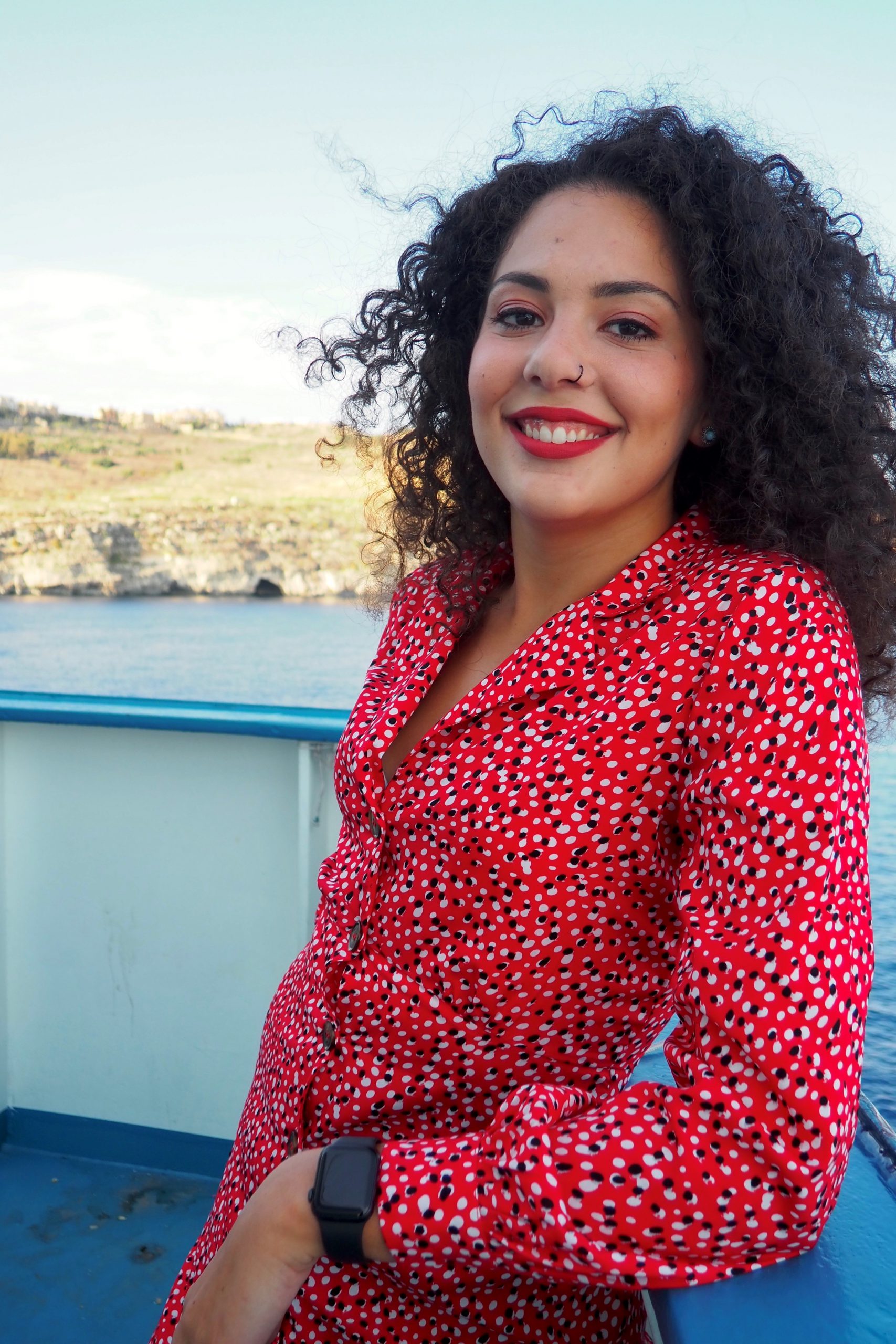The International Protection Agency is currently looking to enhance its team with ambitious individuals with a passion for the humanitarian sector. Here, we will introduce you to three case workers from our team, who will each give their view on the challenges and satisfactions of the sector, and why it is worth investing a career in.
Annalise Mifsud has been a Case Worker with us for the past two years. She has described the job as one to never become monotonous, and shares that the stories she hears daily have shaped the way she understands human resilience, and just how inspiring it can be.
What are some of the challenges one must be prepared for when working in this sector?
Challenges are inevitable, especially when working in a sector that is ever changing. One must be prepared to shift their way of thinking which might make someone uncomfortable or even overwhelmed. At the same time, one can perceive this challenge as an opportunity to learn how to be flexible and at the same time be guaranteed that the job never gets monotonous. Cultural competence may also be a challenge for anyone who has not worked in a culturally diverse environment, yet it has made my time working in this sector an even more interesting and fruitful experience.
What was an unforgettable experience you had in the two years you have been working for the IPA?
This is a difficult one, because there are so many, but the stories I hear every day by the Applicants’ have shaped the way I understand human resilience and the extent to which it can inspire anyone willing to hear their stories.
What do you feel the Maltese perception of the sector is, and what role does the IPA have in changing such a perception?
Perhaps the perception that stands out to me the most, is the idea that the process of international protection is an easy one and that little, if any obligations are expected to be fulfilled by the Applicants. Personally, I believe, that this Agency has a responsibility in communicating what its role is, as well as the process of international protection and the demands it brings on both the Agency as well as the Applicants.
Case Worker Fatima Abdi Ahmed has been with us for two years and has recently gained experience in a workshop in Prague about handling last-minute asylum applications. She believes the younger generation has proven more open minded, which has led to several youths joining the Agency to learn more about the asylum process.
What encouraged you to apply and invest in a career with the IPA?
I had previously worked in the humanitarian sector and learned that many of our clients found it exceptionally difficult to navigate the asylum procedure, so this prompted my inner curiosity for the legal side and the drive to better engage with the asylum procedure.
Do you feel a growing interest in such jobs, particularly in younger employees?
Although things are not perfect, I think the younger generation has grown up with an open mind, having seen asylum seekers in Malta their whole life. This led to more young people joining our Agency to learn more about the asylum process. Education is also a great tool because those with an interest in politics, and more specifically migration, will know that applying for asylum is a basic human right.
What opportunities were you given when you first applied for the job, and what opportunities can one still be given after they start working in the sector?
I attended a workshop in Prague about last-minute asylum applications (LMAs). It was interesting to meet other Member State representatives and learn about how LMAs are processed across the EU, not to mention getting to explore the lovely city in my spare time.
There are plenty of training opportunities to look forward to since our roles are ever evolving, such as European Asylum Support Office training modules, workshops delivered by international organizations, such as UN Refugee Agency (UNHCR) and the International Organization for Migration (IOM), and local NGO workshops focusing on specific thematic issues, such as gender.
Senior Case Officer Charlotte Vassallo speaks with twelve years of experience working with Agency, and formerly the Office of the Refugee Commissioner. Here, she shares some of her proudest moments, doing a job she describes as ‘priceless’.
You have been working in the humanitarian sector for 12 years and are no stranger to its trials and glories. What has been your biggest satisfaction?
It is hard to pick my greatest satisfaction since I’ve been working in the field for so many years. I have to say, the amount of amazing people I have had the pleasure to work with over the years has been a highlight. It’s not often that I come across colleagues who are so dedicated to their job, so open minded and respect the human rights of each individual they work with. Despite the suffering of those who fled their country, we see resilience in them. That is always inspiring. This team has always attracted like-minded and conscientiously humanitarian people.
So, if you are looking for a job where every day is different and you would like to work with a team of people who will support you in every way, this is the job for you. If you think that you are someone who respects the human rights of everyone, and you want to make a difference in an asylum seeker’s life, this is job is for you. We are not social workers, but our job is to protect people. It is our duty to see who qualifies for any form of protection and who does not, in accordance with legal definitions.
Why is a career in the humanitarian sector worth investing in?
The work we do is priceless, because as case workers, the decisions we make can make a difference in someone’s life. It is very rewarding when an applicant finds out that he/she is going to be granted international protection and you see the positive effect that it has on their life. Sometimes applicants don’t even know they have a claim for refugee status and we identify them as having a refugee claim and they get protection. I have done over 1000 interviews with applicants from at least 50 countries since I started working in this field, and I can say that no two cases are ever the same. I find it even more rewarding when I see someone who has received protection continue to pursue their career or education in Malta. I find it very rewarding to see their family members be reunited with them, and I am inspired by their resilience to overcome the challenges offered by the complexities of life in general.
What should one keep in mind when deciding to invest in such a career?
I think it’s important to keep in mind when investing in such a career, is that you are not alone. You will be offered lots of training and support by the Agency when you start working with us. You will be offered psychological support to help you cope with the stress that comes with the job.



